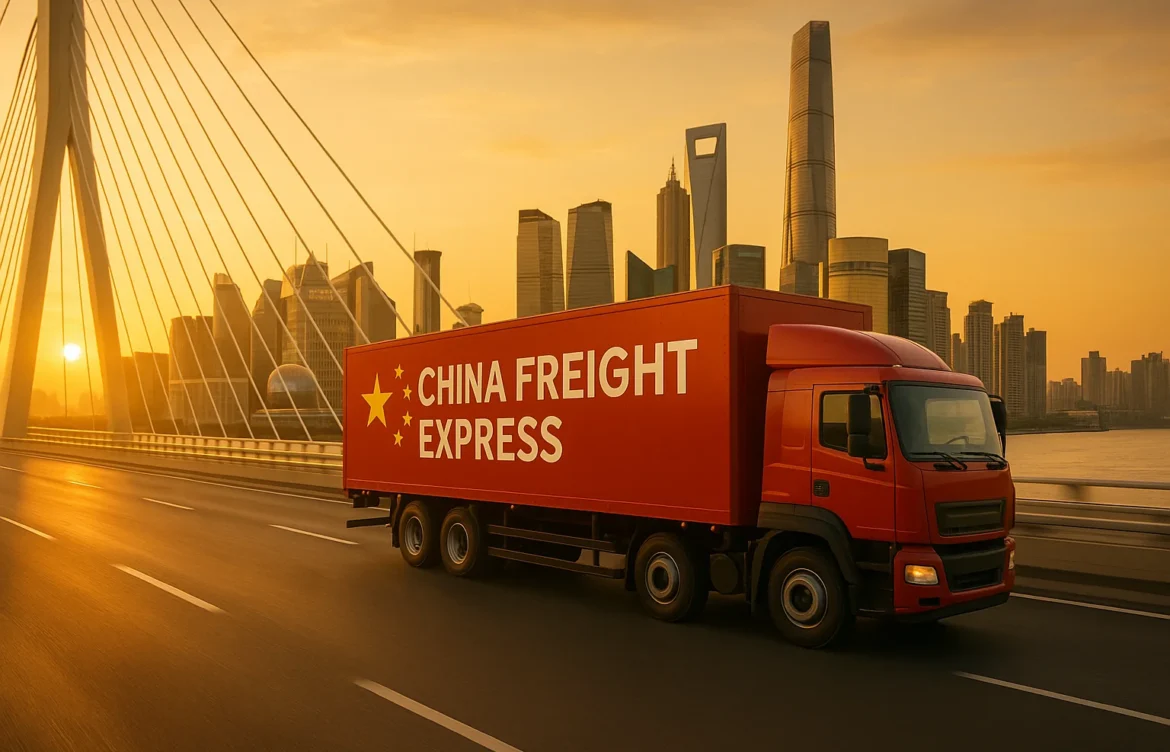
Understanding China’s Export Tax Rebate System: Which Products Are Included and Excluded?
In global trade discussions, China’s export tax rebate policy often comes under the spotlight. From a Western perspective, this policy plays a crucial role in keeping Chinese exports competitively priced, even amid rising production and logistics costs. However, not all products are eligible for export tax rebates — some are explicitly excluded to align with environmental, strategic, or economic policies.
Today, let’s explore which products benefit from this system and which do not.
Products Eligible for Export Tax Rebates
Many common export categories can enjoy significant tax rebates, helping to lower their final export prices:
- Textiles and Apparel: Clothing, shoes, hats, and various fabrics typically qualify, often with rebate rates up to 13%.
- Home Goods: Furniture, bedding, kitchenware, ceramic tableware — all popular categories benefiting from rebates.
- Electronics: Accessories like chargers, home appliances, and small electronic devices also enjoy support.
- Industrial Goods: Hand tools, machinery, and electric power tools often qualify for rebates, boosting China’s industrial export strength.
- New Energy Equipment: Solar panels, lithium batteries, and EV parts are increasingly covered, promoting green exports.
Products Excluded from Export Tax Rebates
On the other hand, several sensitive or resource-intensive goods are specifically excluded:
- Raw Materials: Crude oil, refined oil products, rare earths, and certain mineral resources.
- Building Materials: Cement, flat glass, and some aluminum products due to environmental concerns.
- Special Items: Endangered species products, weapons, and certain controlled pharmaceuticals are banned from receiving rebates.
- Service Exports: Technical services like design, consulting, and software exports are non-physical goods and are not eligible.
Key Points to Remember:
- Rebate rates vary by product category and are subject to regular adjustments.
- Low-priced exports (deemed suspicious by tax authorities) can trigger denial of rebates.
- Environmental regulations are becoming a bigger factor in determining rebate eligibility.
Final Thoughts
From the perspective of American and European importers, understanding China’s export tax rebate structure is critical. It affects pricing strategies, supply chain planning, and even tariff negotiations. As China’s policies evolve, staying informed about what qualifies — and what doesn’t — is essential for businesses seeking to maintain a competitive edge.
